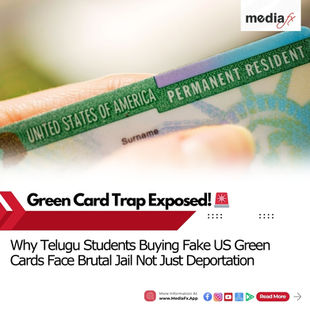📰 Hiroshima Marks 80 Years Since Atomic Bombing
- MediaFx

- Aug 6, 2025
- 2 min read
TL;DR: On 6 Aug 2025, Hiroshima paused to remember the 140,000 lives lost in the 1945 U.S. atomic bombing. Survivors, leaders, and youth gathered to call for a nuclear‑free world.

What Happened?
At exactly 8:15 a.m., the moment “Little Boy” detonated over Hiroshima 80 years ago, the city held its Peace Memorial Ceremony. Over 55,000 people gathered, including representatives from 120 countries. There was a moment of silence, doves were released, and schoolchildren sang songs of peace.
Flashback / Context
On 6 Aug 1945, the atomic bomb destroyed most of Hiroshima, killing around 140,000 people by the end of that year. Three days later, a second bomb hit Nagasaki, killing about 70,000 more. These events pushed Japan to surrender on 15 Aug 1945, ending World War II and ushering in the nuclear age.
Who Gains & Who Loses?
Survivors—most now over the age of 86—warn that their stories may vanish soon. This year, more than 4,900 new names of victims were added to the city’s registry, bringing the total to nearly 350,000. Leaders and activists called for immediate nuclear disarmament, warning that conflicts in Ukraine and the Middle East have reignited dangerous nuclear rhetoric.
People’s Angle
For the hibakusha, the day is not just about history—it’s about lived trauma and a deep responsibility to ensure future generations understand the horror of nuclear war. With fewer than 100,000 survivors left, passing on their memories has become a race against time.
MediaFx Take
This is more than a remembrance—it’s a warning. As nations expand their nuclear arsenals, the real challenge for today’s youth, including in the Telugu states, is to choose diplomacy over destruction. If hibakusha could turn their pain into a peace movement, what’s stopping us from doing the same?
Key Facts
Bomb killed ~140,000 in Hiroshima and ~70,000 in Nagasaki
Annual memorial includes silence, dove release, peace declarations, and songs
Survivors’ average age is 86; voices may vanish in 10–20 years
In Their Words
“There will be nobody left to pass on this sad and painful experience in 10 or 20 years,” — 94‑year‑old survivor Minoru Suzuto













































